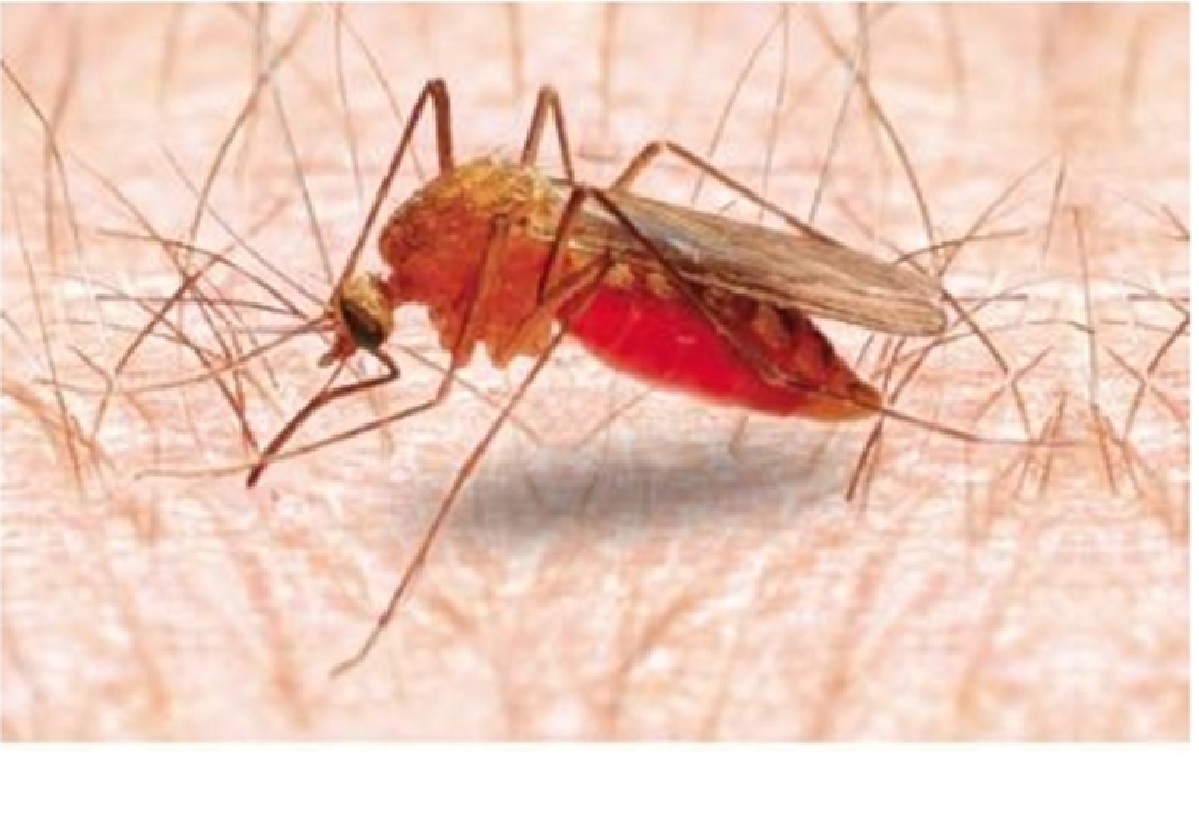An article published in Journal of Medicinal Chemistry, by a group of Brazilian researchers, with the participation of professors and researchers from the São Carlos Institute of Physics of the University of São Paulo – IFSC / USP, the Institute of Chemistry of UNICAMP and the School of Pharmaceutical Sciences of USP, announces the discovery of derivatives of natural marine products with activity against the parasite.
In this work, which received financial support from FAPESP, CNPq and Instituto Serrapilheira, the inhibitory activity of these molecules against the parasite was evaluated. A study focused on improving potency in killing the parasite and, at the same time, keeping the toxic property against healthy cells low.
These studies allowed the discovery of new molecules with improved potency and low toxicity. The most potent compound identified is a fast acting inhibitor with activity against the shape of the parasite that is located in the blood and liver of the patient. In addition, the molecule showed an additive effect, when tested in combination with the standard medicament for the treatment of malaria (eg artesunate), i.e., the combination with the standard drug, increased the ability to inhibit parasite growth.
Finally, the molecule was tested in the animal model of the disease, in which it was possible to verify that all the animals survived after the treatment and, in addition, the molecule developed in this study was effective in reducing the infection in the animals.
All these data indicate that the molecule derived from marine natural product has the potential to be a new alternative for the treatment of malaria.
The next phases of the study include improving the chemical and biological properties of this molecule so that it can be safe and effective in the treatment of malaria patients.
Malaria is a global public health problem with high mortality rates, especially in African countries. The disease is caused by a parasite called Plasmodium.
In 2016, the disease killed 445,000 people, which is equivalent to 1 death per minute, with the vast majority of these deaths being children under 5 years of age.
In Brazil, in 2016, 118 thousand new cases of malaria were reported and in 2017 this number increased to 175 thousand cases, an increase of around 50%.
In this scenario, new forms of treatment are extremely necessary.
This work was the result of a partnership between the researchers of the IFSC / USP, Profs. Glaucius Oliva and Rafael Guido, Dr. Anna Caroline C. Aguiar, Me. Guilherme E. de Souza and Me. Mariana Lopes Garcia; of the Institute of Chemistry of UNICAMP, Profs. Carlos Roque D. Correia and José Luiz Costa, Dr. Michele Panciera, and Mr. Eric F. S. dos Santos; and the School of Pharmaceutical Sciences of USP, Prof. Celia Regina S. Garcia, Dr. Myna Nakabashi and Me. Maneesh Kumar Singh.
Source: Assessoria de Comunicação – IFSC/USP
https://www2.ifsc.usp.br/portal-ifsc/nova-esperanca-no-combate-a-malaria/





